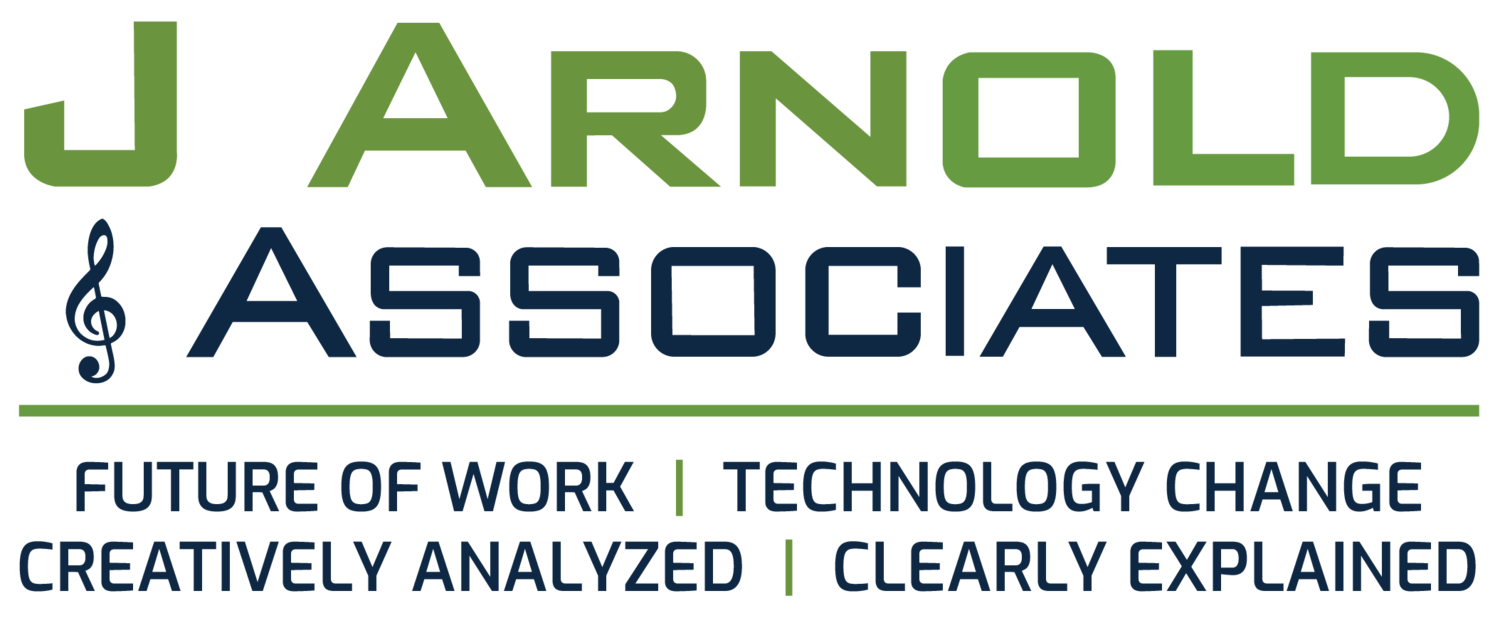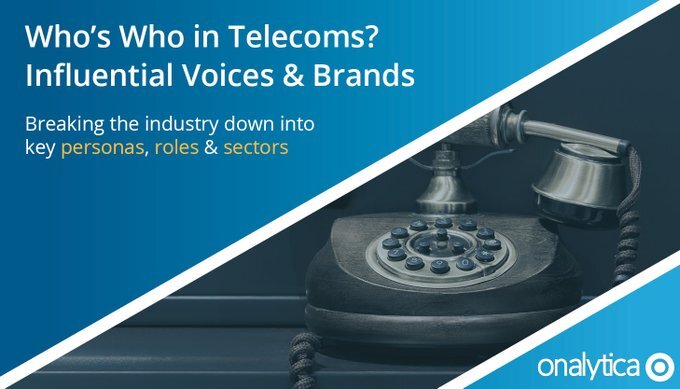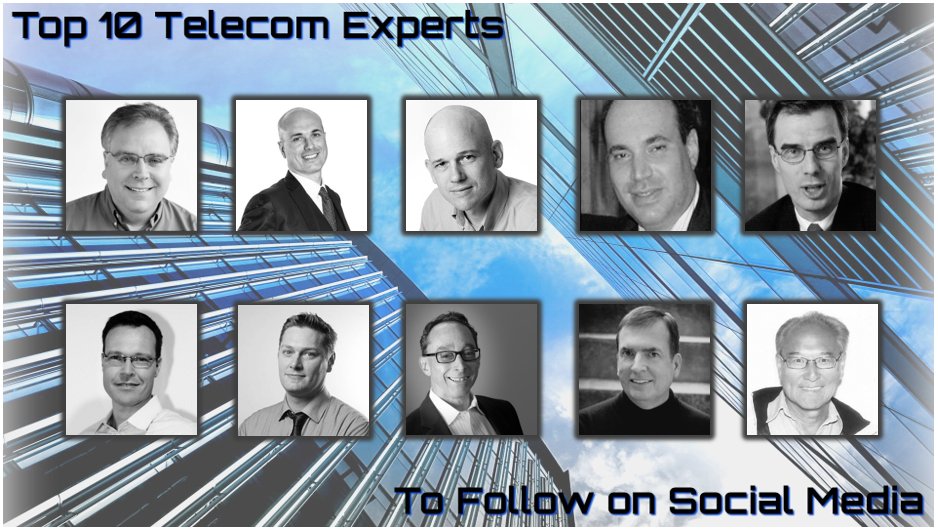Deloitte's "State of the Media Democracy" Highlights
/As far as I can tell the webinar was done for the Canadian market, and given that the research findings were very U.S.-centric, I'm sure Deloitte has done similar webinars in the States for their American clientele.
Anyhow, this webinar was hosted by Gary Gluckman, the leader of Deloitte Canada's Media and Entertainment Practice. I've cited Gary on some of my posts, and have done several others around other Deloitte initiatives that touch on IP communications.
Sorry for the long preamble, but I think it's pretty likely that I'm sharing new information for my readers, and that you probably weren't on this call. So, if you have even a faint interest in how consumers are engaging with the media and technology these days, you'll want to read on.
I'm just going to share some high level takeaways, as I'd be here all day doing justice to the research. I'm privy to the full slide set from the webinar, and since Deloitte spent a lot of time and money to get this great research done, I'm not exactly going to give it away here. Same for me - I don't make a living blogging, although a lot people seem to think so. Anyhow, even a taste is worthwhile, so here we go....
- Big idea #1 - yup, we've finally crossed the line. Overall, consumers are spending more time on the Internet than watching TV - 16.6 hours per week vs. 15.2. We knew this day would come - and it's probably the biggest shift in media consumption habits since TV supplanted radio. Aside - the research sample is segmented into four user groups - Millennials, Xers, Boomers, Matures - and I'm sure you can draw your own conclusions about how each one consumes media.
- User generated content is very popular. For every two hours people spend on regular Web browsing, they're spending one hour engaged with user-generated content. It's not clear to me how much of that hour is spent creating their own content vs. watching YouTube-type videos, but it's still significant. Not surprisingly, the mix was 50/50 among Millennials. They spend as much time with user generated content as they do with everything else on the Web.
- Reading books still rocks (hoorayyyyyy!). I'm so old school, and damned proud of it. When asked what 5 things people expect to spend more time doing next year, reading a book rated the highest aside from socializing with friends and family. Even more interesting - and encouraging - is how this finding held up pretty steadily across all age groups - not just with Matures. Actually, I think this may be the tip of the iceberg for a backlash that's coming against multitasking and media/technology saturation. I can definitely see that happening, with people getting zoned out on virtual living, and just wanting to do simple, singular things like read a book, go bowling, baking bread. Remember those days?
- Big idea #2 - TV is just background noise for doing other things. Only 10% of the sample just watch TV when watching TV (I'm in that camp). Everybody else is doing other stuff while "watching" TV - Web browsing, snacking, homework, email, talking on the phone. Talk about a medium that isn't very engaging. This is why going to the movies is such a powerful experience - you can't do all this other *hit - you actually have to pay attention and watch the movie. And - we're happy to pay for the privilege of doing so. What a great business model. I can see a whole bunch of other businesses that could be started based on the same premise. Gee, I can think of SOO many things to talk about here - I see a book coming. Don't get me started, unless you come running with a publishing contract or a cable TV show.....
- Big idea #3 - the advertising-driven model to support Internet content doesn't work for everyone. No surprise there, and the data shows that more than 1 in 4 (28%) would be willing to pay for online content that was free of advertising. Hey, that's good news for my blog, which is so Stone Age on this front - it's no wonder nobody can find me. I'd rather have a handful of engaged, loyal readers than thousands of strangers any day.
- People prefer to read print materials than online. Overall, the sample spends more than twice as much time reading printed newspapers and magazines than online versions of these - 4.3 vs. 1.8 hours a week. And, practically nobody reads online magazines - just 1/2 hour a week on average. Advertisers beware.
That's all I can tell you for now. There is a 3 page summary doc that Deloitte has made available, so by all means, get a copy here if you want any more detail. Beyond that, you should call me, and I'll be happy to get you in touch with Gary.
Technorati tags: Deloitte, Jon Arnold, social networking, Millennials








































